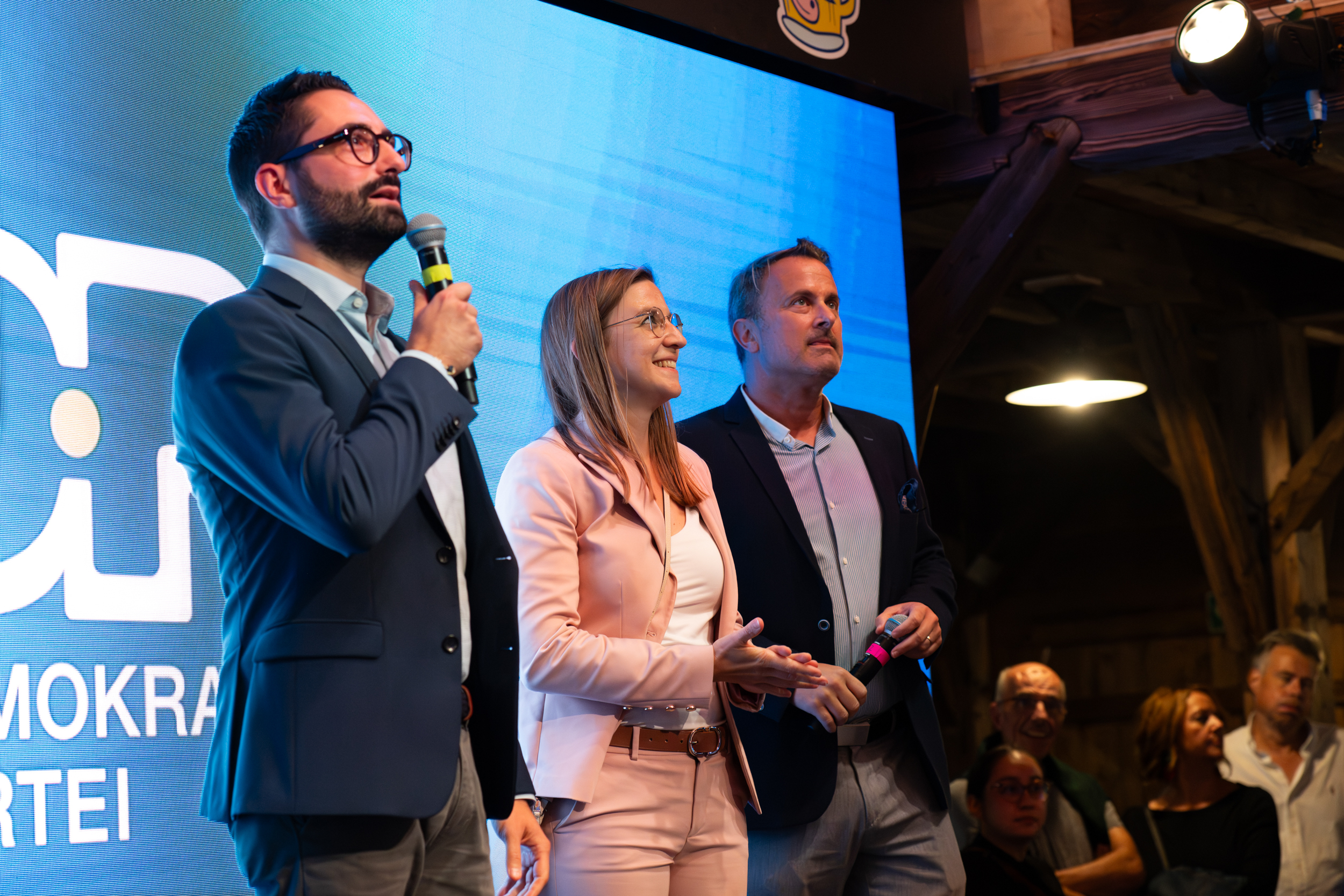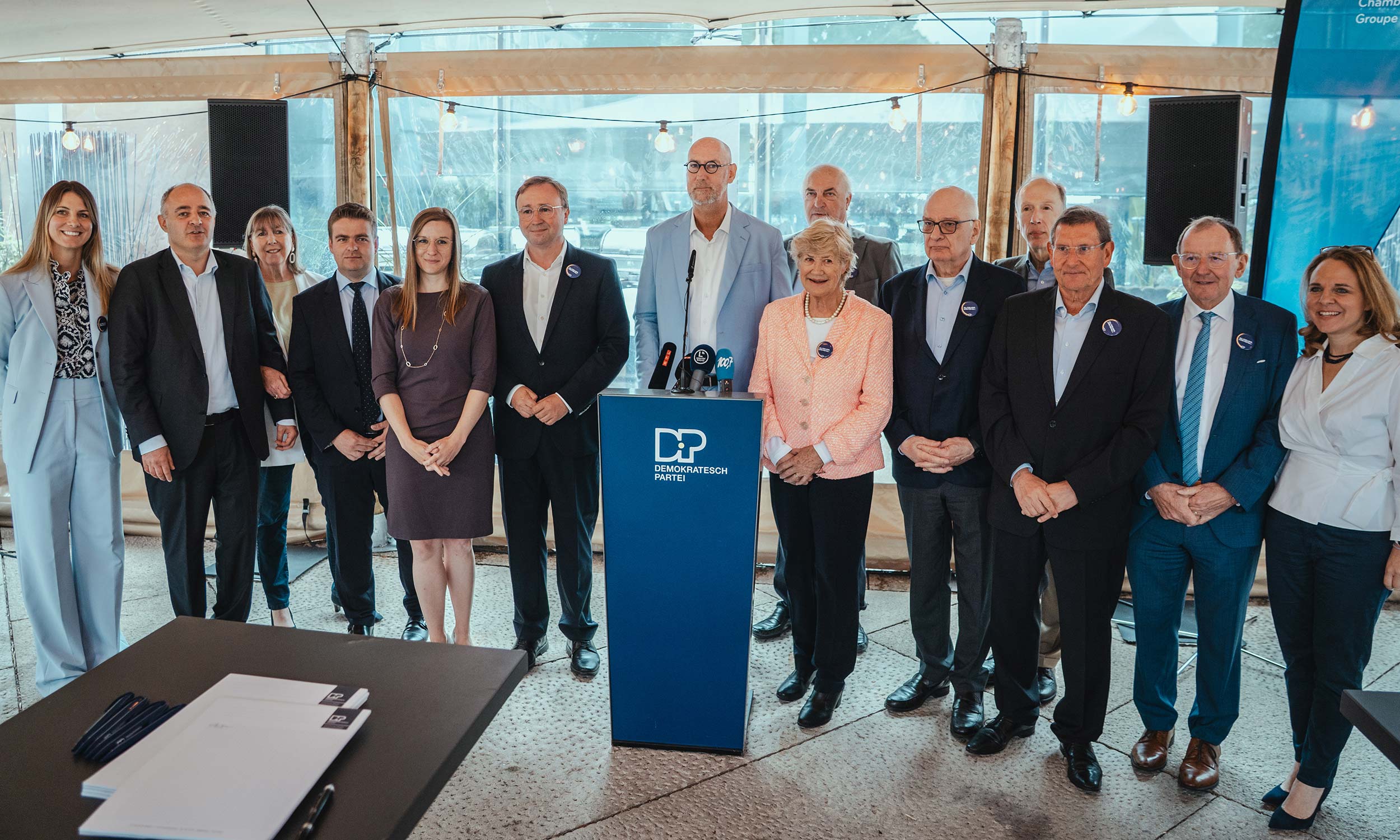I firmly believe that our working world needs to become more flexible. It neither corresponds to today’s realities nor to the needs of many families. A key element in my eyes is the abolition of the rigid 40-hour week in favour of an annual working time of 1,800 hours. The introduction of working time accounts, the right to part-time work, the liberalisation of opening hours and the flexibilisation of Sunday working hours on a voluntary basis are further examples of how I envisage modern labour law. Also in the sense of more flexibility for employees and employers.
Teleworking – due to the pandemic – has become part of everyday life for many people. Companies and administrations have had to make great efforts to minimise the risk of infection in their buildings. But teleworking also offers other advantages: One loses less time in traffic jams and has more time for family, friends and leisure. It is also time to learn lessons from the telework experience, especially the risks of isolation, constant availability of staff or organisational difficulties for companies. In addition to employees, companies also need a framework to better adapt their working hours to the economic environment. We want to make these decisions together with companies and employees. So that at the end of the day, employers and employees benefit from a digitalised working world.
Digitalisation will drastically change the working world of tomorrow – also through the increasing automation of work processes. The importance of education, training and retraining with regard to new technologies will therefore become even more important. People must be prepared for the labour market in the best possible way. Therefore, the framework conditions must be right so that digitalisation is an opportunity for those in employment – and not a danger.
I am also convinced that digital centres will be at least as important as physical ones. Digital doesn’t mean never being personal, it just means being as well equipped as possible to combine a good job with private life. Flexibility is a new standard that we have discovered for ourselves in the crisis. We need a modern labour law that offers everyone more freedom. A labour law that sets the right framework for the challenges of tomorrow.
Jeffrey Drui






